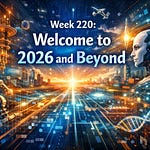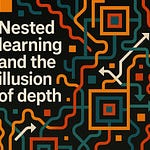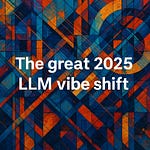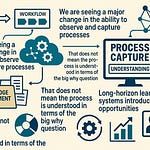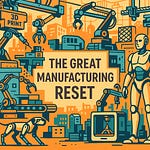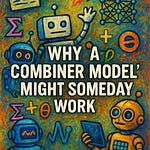Thank you for tuning in to this audio only podcast presentation. This is week 195 of the Lindahl Letter publication. A new edition arrives every Friday. This week the topic under consideration for the Lindahl Letter is, “Annealing vs. gate based quantum computing.”
You may have picked up from the last edition of the Lindahl Letter that I’m more focused on gate based quantum computing than I am concerned about the current advances in annealing based systems. This week I went back over and dug out some gems on Google Scholar related to annealing quantum computing [1]. Some of these academic articles have a few hundred citations, but none of them seem to be breakout articles with thousands of citations. Within a small academic discipline you will see a paper pick up citations under 100 and that is probably a well read paper. Some of the mega papers in the AI space have 100,000 citations and those are foundational and very well read academic papers. Honestly, the only things that might be better read are books that break into the public mind and become bestsellers. I don’t think anything that I have found in the annealing based quantum computing space would qualify as breakout or bestseller.
Here are 5 papers that are highly cited that I thought were interesting this week:
Das, A., & Chakrabarti, B. K. (2008). Colloquium: Quantum annealing and analog quantum computation. Reviews of Modern Physics, 80(3), 1061-1081. https://arxiv.org/pdf/0801.2193
Pudenz, K. L., Albash, T., & Lidar, D. A. (2014). Error-corrected quantum annealing with hundreds of qubits. Nature communications, 5(1), 3243. https://www.nature.com/articles/ncomms4243.pdf
Hauke, P., Katzgraber, H. G., Lechner, W., Nishimori, H., & Oliver, W. D. (2020). Perspectives of quantum annealing: Methods and implementations. Reports on Progress in Physics, 83(5), 054401. https://arxiv.org/pdf/1903.06559
Morita, S., & Nishimori, H. (2008). Mathematical foundation of quantum annealing. Journal of Mathematical Physics, 49(12). https://arxiv.org/pdf/0806.1859
Yarkoni, S., Raponi, E., Bäck, T., & Schmitt, S. (2022). Quantum annealing for industry applications: Introduction and review. Reports on Progress in Physics, 85(10), 104001. https://arxiv.org/pdf/2112.07491
What exactly is annealing quantum computing?
Let’s answer this question the hard way by first stating that universal gate based quantum computing is built out to a set of qubits where any type of computation could be worked using the available qubits. If you have quantum computing work, then you are good to go within the universal gate-based system. Now let’s say you were a company like D-Wave Systems and you wanted to take a different direction than universal gate-based quantum computing and lean into the annealing quantum computing world. You would start to build a system that works toward being optimized for special use cases and you might write a nice presentation about it which you could read [2]. Based on what D-Wave Systems is sharing, annealing quantum computing system uses a method that solves optimization problems by gradually evolving a quantum system toward its lowest energy state, or ground state. It leverages the quantum adiabatic theorem, which ensures that a system will remain in its ground state if changes to its energy landscape are made slowly enough. Instead of using logic gates, annealing encodes a problem into a Hamiltonian (which is a mathematical function that describes the total energy of a quantum system), and the solution emerges as the system relaxes. This model excels at solving complex combinatorial optimization problems. Unlike gate-based systems, annealers are not universal quantum computers but offer practical advantages for certain narrow tasks. It’s like special quantum computing vs. general quantum computing.
What’s next for the Lindahl Letter? New editions arrive every Friday. If you are still listening at this point and enjoyed this content, then please take a moment and share it with a friend. If you are new to the Lindahl Letter, then please consider subscribing. Make sure to stay curious, stay informed, and enjoy the week ahead!
Footnotes:
[1] https://scholar.google.com/scholar?hl=en&as_sdt=0%2C5&q=annealing+quantum+computing&oq=Annealing+qu




